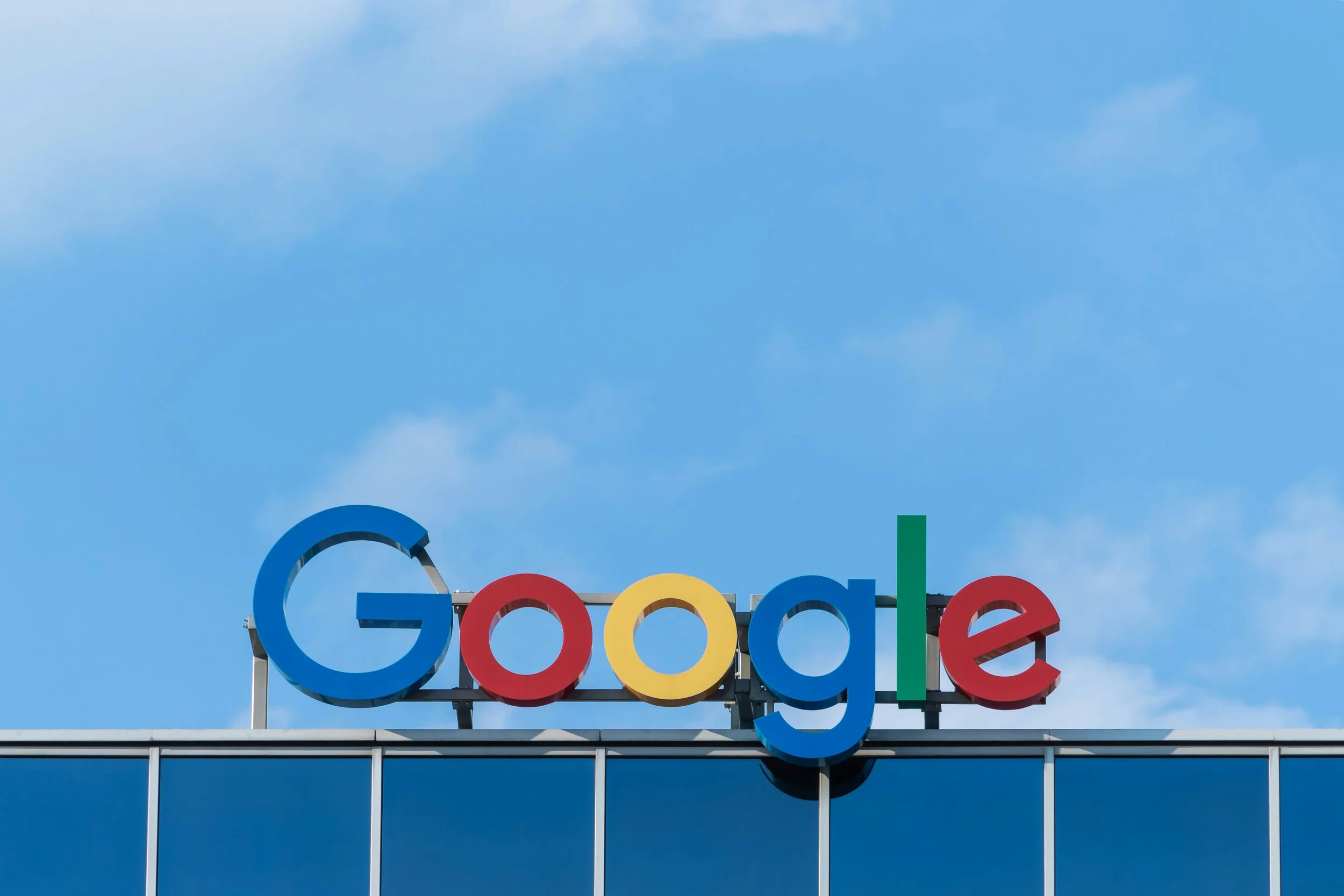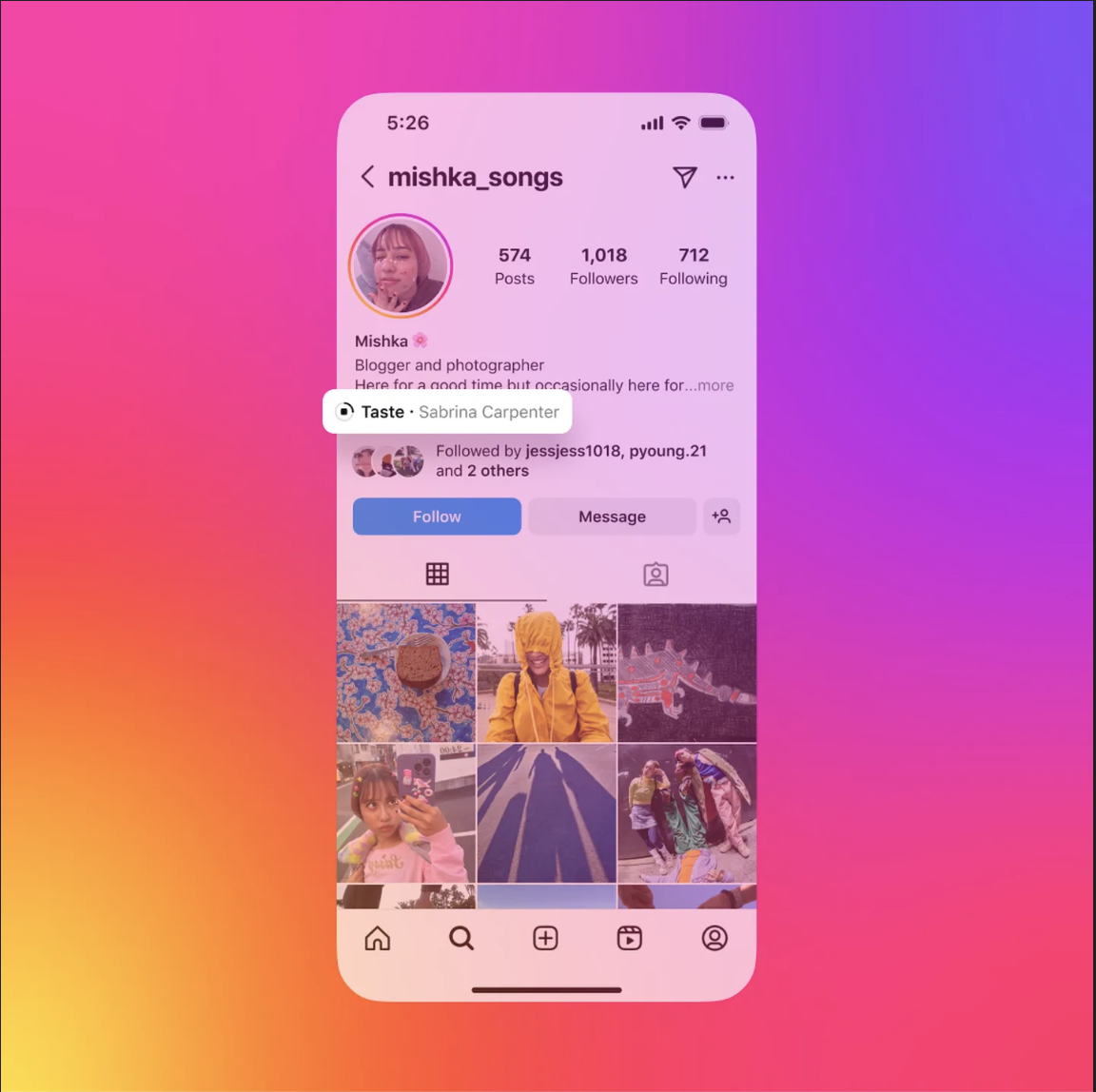By Hannah Brainard and Ian Hawthorne
Did you catch this month’s headlines in tech and the arts? Advancements in technology are making new opportunities for creators and consumers alike. Policy to support transparency in device repair and the use of AI may help users make informed decisions. Meanwhile, a landmark Google antitrust ruling supports competition in the search engine market. Read more below.
Nintendo Museum to bring games to life through interactive tech
In October, a new museum is set to open in Kyoto, Japan featuring some of your favorite retro Nintendo games in a new format. Not only will it feature popular video games, but original card games dating back to the company’s founding in the late 1800s. Games are made larger than life with interactive immersive and interactive elements projected throughout the space or on a visitor’s phone. One exhibit is based on a card game, “Hyakunin Isshu,” which is centered around historic Japanese poems. Visitors can read one line of a poem on their phone, and match it to moving cards projected on the floor. In other exhibitions, users can control LCD games with only their shadow. To choose what games to play, visitors exchange the ten digital coins received at arrival.
Did you miss it? Get the recap of Christie’s Art + Tech Summit
“There’s no ‘I’ in ‘AI’ yet - it’s just artificial,” Apple co-founder Steve Wozniak shared at Christie’s Art + Tech Summit this July. Jessica Bowser Acrie, the director of the Arts Management and Public Management programs at Carnegie Mellon University’s Heinz College, attended the summit. In the first episode of the 2024-2025 season of our Tech in the Arts podcast, Bowser Acrie shares her key takeaways for arts managers.
Procreate vows not to use AI
Procreate, a popular app for digital illustration, has taken a stand on the use of artificial intelligence. This month, the company vowed not to incorporate the technology into its software. Despite appearing as rejecting progress, Procreate is refusing to chase “a technology that is a threat to human creativity” and CEO James Cuda has taken a firmly pro-human and pro-artist approach, stating that “our products are always designed and developed with the idea that a human will be creating something.” Digital artists have rallied around Cuda, in part reacting to widespread discontent with competitor Adobe’s adoption of AI for generative tools within its workspaces, paired with updated terms of service implying training their models with user content.
Procreate will not use artificial intelligence on their design platform. Image Source: Canva.
California bills require watermarks on AI-Generated Content
California bill SB 1047 requires watermarks on content generated with AI. This bill, supported by OpenAI, Microsoft, and Adobe, will require watermarks embedded in the metadata of AI-generated images. While many platforms already support metadata watermarks, AB3211: California Digital Content Provenance Standards goes further by requiring large social media sites like X or Instagram to also present tags to images in a way that is easily understood by average viewers in order to more publicly and easily identify AI-generated content. This paired with SB 1047 Safe and Secure Innovation for Frontier Artificial Intelligence Models Act demonstrates California’s concerted effort to put up guardrails in the AI sector and take precautionary steps toward regulating training models and protecting citizen’s rights.
New California legislation requires watermarks on AI-generated content. Image Source: Canva.
Broken Device? You might have a Right to Repair it.
From phones or laptops to cameras and gaming devices, broken gadgets may seem impossible and costly to fix, resulting in significant amounts of e-waste. If you live in one of three states - New York, California, and Minnesota - you now have the right to repair it. Under these laws, companies must provide access to repair manuals and appropriate spare parts. Not all devices are covered under this law, primarily focused on gear dating back to 2021. Oregon and Colorado passed similar laws this year, with plans to take effect within the next two years. In this new legislation, both states have also banned “equipment pairing,” or a syncing process in the repair process that requires specialized software. If a company is found violating a state’s right to repair law, it may be subject to fines ranging from $500 - $20,000.
Five states have passes legislation granting a right to repair broken devices. Image Source: Unsplash.
Courts rule on Google Antitrust Case
Antitrust cases have been ruling the headlines for the last year as the United States FTC takes a stand on reducing the power of big tech. One case that has come to epitomize this work is the Google Antitrust case regarding its market control of internet searches. This month, judges finally announced their ruling, finding that the company is, in fact, acting as a monopoly. This landmark case alleges that Google unfairly suppressed competition by striking deals to be included as the default search engine in new products and browsers. Google, with this level of exposure, was able to inflate its prices for advertisers above what a more efficient market would have charged, further fueling Google’s ability to pay for prime placement. Echoing such landmark cases brought against previous tech monopolies such as Apple and Microsoft in the past, this case reflects increased pressure from the FTC on an industry facing consolidation of power and a continued exercise of antitrust laws for the protection of the consumer.
Courts rule that Google has been acting as a monopoly in search engine market. Image Source: Unsplash.
Song to Instagram Profile
If you were a Myspace user in the early 2000s, a new Instagram feature may look familiar to you. Users can now add a song to their favorite song to the top of their bio. Launched in partnership with pop artist Sabrina Carpenter, the feature was first seen with a sneak preview of then unreleased song “Taste.” This was the only way to hear the song before its August 23 release. To implement this feature, users can simply search from Instagram’s library of licensed music and select a 30-second clip. Songs will not autoplay when someone visits a profile page.
Instagram adds song feature to profile. Image Source: Instagram
-
https://www.wired.com/story/nintendo-museum-kyoto-reinvents-classic-games
https://www.theverge.com/2024/8/21/24225648/openai-letter-california-ai-safety-bill-sb-1047
https://grist.org/regulation/the-right-to-repair-is-now-law-in-3-states-is-big-tech-complying/
https://www.nytimes.com/2024/08/05/technology/google-antitrust-ruling.html





